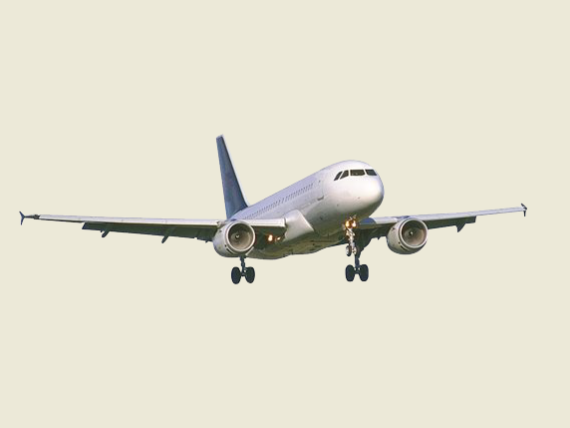Sustainable aviation fuels
16001
From 2017 to 2020
On behalf of the European Commission, the ESFERA team, including TML, made recommendations on sustainable fuels for aviation and set up a secretariat for the European Advanced Biofuels Flightpath. TML analysed the existing policy framework for sustainable fuels and developed the TRAFUMA model to evaluate different policy options and develop scenarios for the implementation of sustainable fuels.
On behalf of the European Commission, a team of independent experts from SENASA, ONERA, TML, and WUR (the ESFERA team) supported the activities of the European Advanced Biofuels Flightpath (EABF or Flightpath) and made recommendations on sustainable fuels for aviation. Besides setting up a secretariat for the EABF, this team analysed policy options for promoting sustainable fuels in aviation. The aim was to provide data and analysis to support the EABF Core Team and the European Commission in achieving EABF goals.
TML produced an overview of the existing European and international policy and regulatory framework supporting sustainable fuels, for the transport sector in general and for aviation. TML analysed how these support measures work and their advantages and disadvantages based on insights from the environmental economics literature.
In addition, TML developed the TRAFUMA model, a partial equilibrium model of fuel markets for road transport, aviation, and maritime transport in Europe and the rest of the world. The model was used to analyse and evaluate policy options for the roll-out of renewable fuels. Using this model, TML contributed to the development of possible policy scenarios to achieve renewable fuels targets in aviation. These include blending mandates, carbon offsets, renewable fuel subsidies, and paraffin taxes. The scenarios include different levels of aviation renewable fuel rollout and different production pathways. The model considers well-to-wheel/wake emissions of greenhouse gases and emissions related to indirect land-use change. For each scenario, the welfare cost of the policy and the impact on fuel users, fuel producers, government budget, and greenhouse gas emissions were estimated.
On behalf of the European Commission, a team of independent experts from SENASA, ONERA, TML, and WUR (the ESFERA team) supported the activities of the European Advanced Biofuels Flightpath (EABF or Flightpath) and made recommendations on sustainable fuels for aviation. Besides setting up a secretariat for the EABF, this team analysed policy options for promoting sustainable fuels in aviation. The aim was to provide data and analysis to support the EABF Core Team and the European Commission in achieving EABF goals.
TML produced an overview of the existing European and international policy and regulatory framework supporting sustainable fuels, for the transport sector in general and for aviation. TML analysed how these support measures work and their advantages and disadvantages based on insights from the environmental economics literature.
In addition, TML developed the TRAFUMA model, a partial equilibrium model of fuel markets for road transport, aviation, and maritime transport in Europe and the rest of the world. The model was used to analyse and evaluate policy options for the roll-out of renewable fuels. Using this model, TML contributed to the development of possible policy scenarios to achieve renewable fuels targets in aviation. These include blending mandates, carbon offsets, renewable fuel subsidies, and paraffin taxes. The scenarios include different levels of aviation renewable fuel rollout and different production pathways. The model considers well-to-wheel/wake emissions of greenhouse gases and emissions related to indirect land-use change. For each scenario, the welfare cost of the policy and the impact on fuel users, fuel producers, government budget, and greenhouse gas emissions were estimated.


